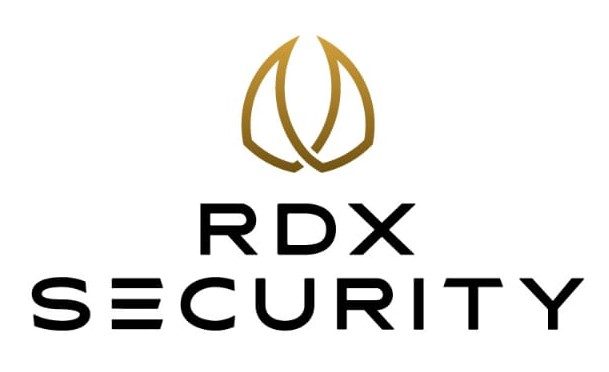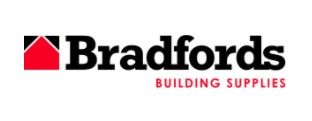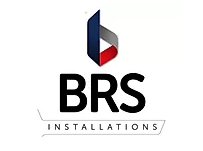What expenses can be deducted from rental income?
- May 2023
- 5 minutes
Many of the costs you incur when renting out a property can be written off as tax deductions, helping landlords lower their tax liability. Learn how these operate and what you are eligible for.
Landlords typically have the ability to deduct operating and upkeep costs, which lowers their taxable income.
You must include the rent you charge the tenant as part of your income if it includes services like water or council tax, but you may deduct the costs you incur as an expense.
Some examples of allowable expenses you can claim are:
- Letting agents’ fees
- Direct expenses for new tenants, including phone calls, stationery, and advertising
- rents, ground rents and service charges
- water rates, council tax, gas and electricity
- accountant’s fees
- legal costs for one-year leases or for renewing a lease that is less than 50 years
- costs of services, including the wages of gardeners and cleaners (as part of the rental agreement
- landlord insurance
The cost should only be incurred as a direct result of renting out your property.
If only a portion of an expense satisfies this requirement, you may deduct that portion from your income. An example of this would be the cost of heating and lighting a property that is partially rented out and partially used for private purposes.
You must divide your costs if you only rent out a portion of your house or only for a portion of the year.
 How does a tax deduction affect your tax liability?
How does a tax deduction affect your tax liability?
What is an allowable expenditure? In a self-assessment tax return, expenses are costs related to your business that you can subtract from your income to determine your overall profit.
Since the tax you pay is determined by your profit rather than your total income, if you make a profit during the tax year, your tax liability will be reduced accordingly.
The majority of landlords will file their tax returns using a cash basis (for those making less than £150,000, this is automatic, but you can choose to change it). This means that the only income and expenses you should report on your tax return are those that you received and paid during the tax year.
If you file using the accrual basis, this would include anticipated revenue and expenses.
 Annual landlord investment allowance
Annual landlord investment allowance
As a landlord, you cannot deduct capital-related costs from your rental income.
That means you can’t write off the cost of expanding your home or renovating a dilapidated one.
However, if you decide to sell your rental property, you might be able to use the cost of these investments to lower your capital gains tax liability.
 ‘Wear and tear allowance’ changes for landlords
‘Wear and tear allowance’ changes for landlords
You used to be able to claim the wear and tear of furnishings, such as cookers, carpets, beds, and televisions if the property or properties you rent out are fully furnished.
You could claim a maximum of 10% of the net annual rent (income less expenses) each year under the wear and tear allowance.
But things have changed now. You can now claim tax relief on any expenses you incur to replace what the government refers to as “domestic items”
Crucially, this only applies to items you are replacing. You can’t claim tax relief on the actual cost of kitting out a property for the first time with furniture or appliances. It can only apply when an item is genuinely replaced and no longer used in the property.
 What qualifies for the ‘replacement of domestic items relief’?
What qualifies for the ‘replacement of domestic items relief’?
The government provides several examples of domestic products that fall under the new exemption. These consist of:
- Replacement curtains
- Replacement fridges, washing machines etc
- Replacement beds
- Replacement sofas
- Replacement sofas
- Replacement carpets
It’s worth remembering that you can only claim for a like-for-like replacement.
If, for example, you bought a new fridge worth £600, but the cost of replacing your old fridge with a very similar one was only £400, you’d only be able to claim £400 relief.
You can also claim for the cost of disposing of items (usually electrical goods)
 How does the ‘replacement of domestic items relief’ work?
How does the ‘replacement of domestic items relief’ work?
You can deduct the cost of replacing domestic items from your rental income tax when calculating your net profit for the year, on which you pay tax.
So say you replace some items in your property, ready for some new tenants. These include curtains for £200, a washing machine for £250 (which also costs £50 to dispose of) and a new bed for £400.
The total relief you can claim is £200 + £250 + £50 + £400, which amounts to £900.
This can be deducted from your annual rental income to work out your tax bill at the end of the tax year.
















